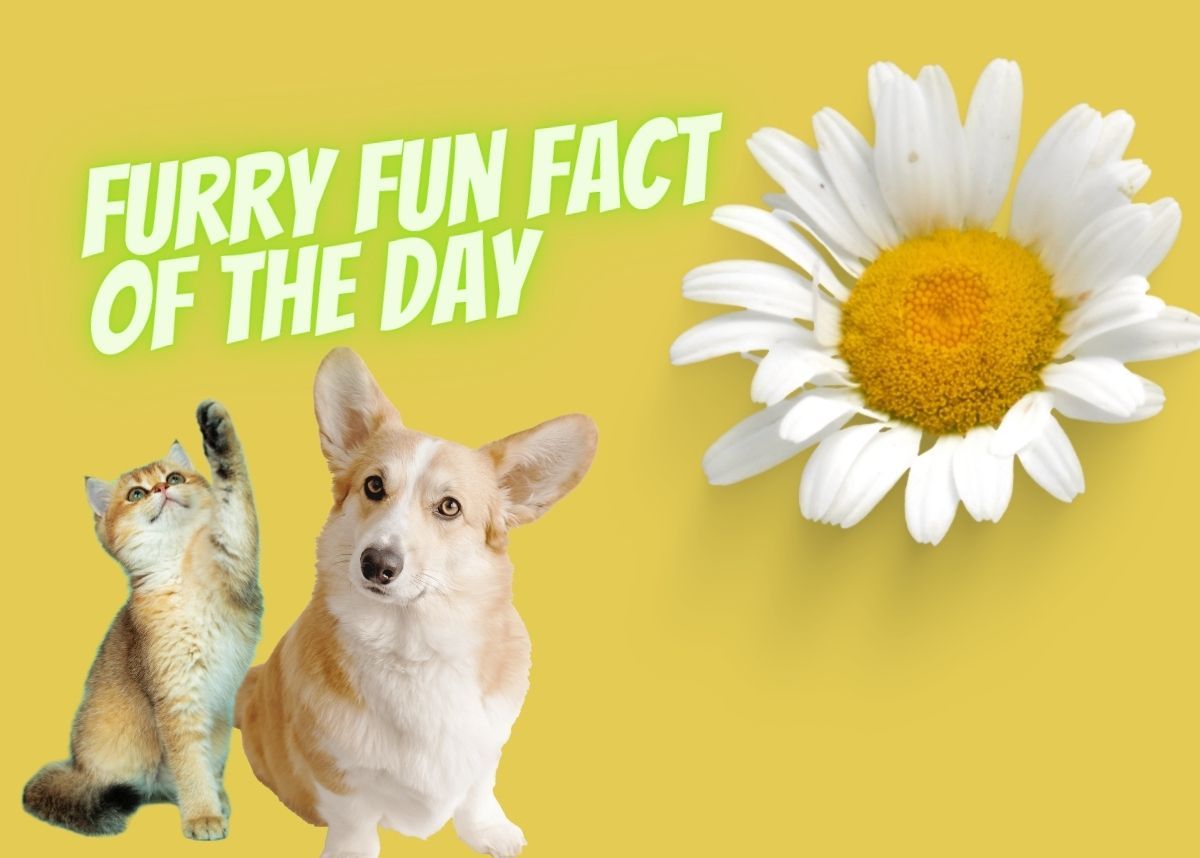Welcome, fellow pet enthusiasts, to the Furry Fun Fact of the Day!
FOR THE LATEST PET NEWS, VISIT THE SOUTH AFRICAN WEBSITE
Pets can do all sorts of crazy – and wonderful – things, can’t they? We bet you discover new things about them daily.
Have you ever heard of a singing dog for example?
Join The South African website as we set out to learn fascinating – and often humourous – fun facts that set our pets apart from the rest of the animal kingdom.
Discover things about these bundles of joy that will leave you chuckling and wondering if they’re not little humans in disguise!
What is superfecundation in cats?
Superfecundation is a fascinating phenomenon in cats. Unlike humans, who usually only have one egg available for fertilization during each menstrual cycle, cats can release multiple eggs during their heat cycle. This means that if a female cat mates with multiple males during this time, each egg can be fertilized by a different male. As a result, the litter of kittens she gives birth to can have a variety of fathers, leading to a diverse range of kitten appearances and personalities. This is one of the many reasons why cat litters can be so surprising and full of variety!
Do you know any furry fun facts you’d like to share?
If so, email info@thesouthafrican.com or a WhatsApp to 060 011 021 1 and we’ll publish the ones that fascinate us!
You can also follow @TheSAnews on X and The South African on Facebook for the latest facts.
While you’re here, enjoy a wide variety of videos from news, lifestyle, travel, sports, viral videos, and lots more on The South African YouTube page.
Enjoy a wide variety of videos from news, lifestyle, travel, sports, viral videos – and lots more!
WIN WITH THE SOUTH AFRICAN
Your pet surely deserves a new toy🙂
Now that you’ve enjoyed the furry fun facts, tackle a variety of quizzes and competitions on The South African website.
There’s a quiz with a cash prize that has your pet’s name on it.
Good luck!
Artificial Intelligence assisted in compiling this article.
